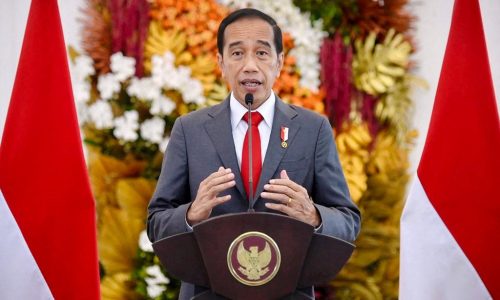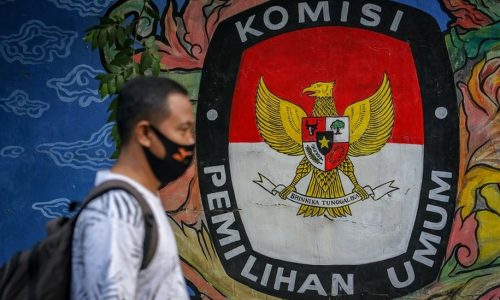Institute for Essential Services Reform (IESR) has reported that greenhouse gas (GHG) emissions from Indonesia’s steel industry contribute to 7 percent of the nation’s industrial emissions.
Therefore, the IESR is pushing the government to implement decarbonization measures in the steel industry and apply carbon taxes before 2030.
Fabby Tumiwa, Executive Director of IESR, emphasized the need for the transformation of energy-intensive and high-carbon industries, including the steel sector.
“The government must develop a roadmap for decarbonizing the steel industry to significantly reduce emissions by up to 92 percent by 2060,” Fabby said.
He highlighted that by implementing the best available technologies, GHG emissions from the steel industry in Indonesia could be substantially reduced.
IESR’s study provides three recommendations to promote decarbonization in Indonesia’s industries. Firstly, the completion of the decarbonization roadmap by the Ministry of Industry by the end of 2024 or sooner.
Fabby stressed the importance of establishing medium-term (2030) and long-term (2060) roadmaps to align with the Paris Agreement targets.
Secondly, strengthening reporting and data collection on industry implementation through the National Industrial Information System (SIINAS) and ensuring transparency in industry sustainability reporting.
This is crucial to prevent Indonesia from becoming a dumping ground for outdated technologies from other countries, particularly in Southeast Asia.
Thirdly, establishing benchmarks for green industrial production processes and expanding the scope and value of green industry standards.
Fabby emphasized the urgency of implementing carbon taxes in the steel industry before 2030 to encourage emission reductions.
He highlighted that while carbon pricing mechanisms are currently applied in the steam power generation sector, they should also be extended to the steel industry.
Several companies in Indonesia are already calculating their GHG emission, particularly those listed on the Indonesia Stock Exchange.
Faela Sufa, CEO of CarbonShare, said that major banks in Indonesia routinely report their GHG emissions, and around 500 listed companies should also disclose their emissions.
Failure to report emissions could result in sanctions from the Indonesia Stock Exchange. Additionally, reporting GHG emissions facilitates access to green investments, which are increasingly sought after in the current market.
By implementing decarbonization measures and carbon taxes, Indonesia aims to significantly reduce emissions in the steel industry and transition towards a more sustainable future.









